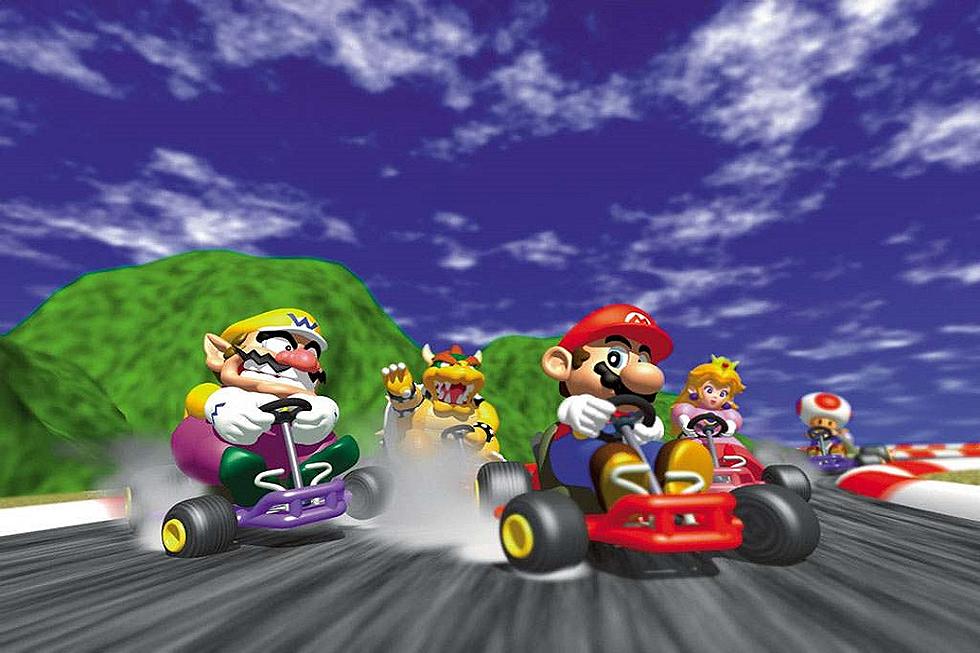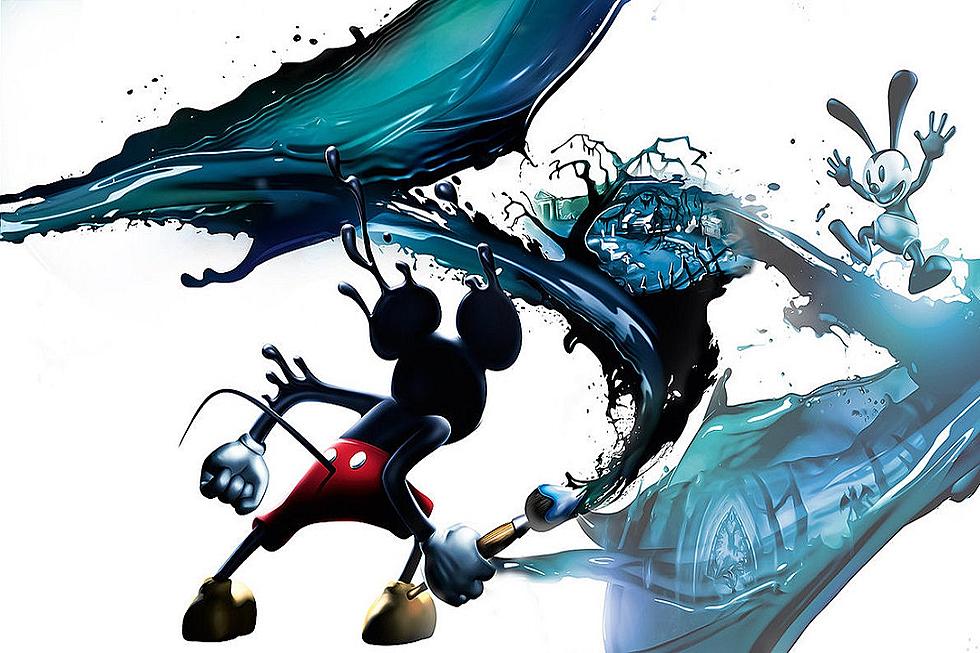
The Killer App of Xbox and the Beginning of a Legacy in Halo: Combat Evolved
How do you know a killer app when you see it? Is there really anyway of knowing what that defining moment is when a single product is going to be so appealing to such a wide market that it’s enough to sell a new generation of technology? Surely neither Bungie, nor Microsoft could have possibly known what exactly they had and how it would affect the next decades of gaming, but most certainly, they had a heck of a shooter in their hands. It was on this day in 2001 that we first donned the helmet of the heroic Master Chief and launched an epic campaign against the zealotic alien Covenant in Halo: Combat Evolved.
News of Halo’s existence first became public at a Macworld Conference and Expo in 1999, announced by Steve Jobs originally to be released on Windows and Mac operating systems simultaneously. Obviously, this did not come to pass for a number of reasons, first and foremost of which was Microsoft’s acquisition of Bungie Studios in the year 2000. Looking for a solid exclusive to tie to its new Xbox home console, Microsoft teamed with Bungie to take Halo to new heights on the Xbox hardware.
Interestingly enough, release status was not the only thing that drastically changed from Halo’s conception to its release. Bungie had tried out many different things before they came to the setup we would come to know and love as the sci-fi shooter icon. The game was, in its initial design, a real-time strategy game when it was set for Windows and Macintosh release. Then it became a third person shooter that was rich with fauna, the idea being that human soldiers would use the dense foliage to fight the Covenant with Guerilla tactics. Eventually, the team settled on the first-person shooter to give far more impact and immersion to the story they were trying to tell, although the real-time strategy roots of Halo would eventually inspire the spin off title Halo Wars.
Halo: Combat Evolved takes players to the 26th Century where humanity is embroiled in a galactic battle with the combined alien forces of the religious alien collective known as the Covenant. The story opens on a human capital ship known as the Pillar of Autumn attempting to escape Covenant warships and stumbling upon a ring-like artificial world the Covenant refer to as “Halo.” Shortly after, the Covenant catch up and the Autumn is blitzed by Covenant ordinance. In the chaos, the humans awaken their trump card: A genetically enhanced super soldier and last surviving product of the SPARTAN-II Project known only as Master Chief. The humans escape to Halo with Master Chief and begin a deadly and chaotic campaign against the Covenant, unlocking secrets that could threaten the whole universe.
Halo: Combat Evolved approached the pedigree of run n’ gun heroism established by numerous fantastic shooters before it, but where it set itself by sheer miles was in presentation and story. Up until Halo, there was often very little dramatic story telling going on in any given shooter outside of some expositional beginnings and endings to let you know what you’d done. Halo: Combat Evolved was an ongoing interaction between characters set to the frame of a shooter and portrayed in incredible cinematic style most of the way through. It helped that as an introduction for many to Xbox hardware, Halo had the most cutting edge of visual appeal to accomplish all of this.
Halo: Combat Evolved became an instant classic for both Microsoft and Bungie. It was a big reason millions of people bought Xboxes to begin with, serving as the most perfect introduction to what the sixth generation of console hardware had to offer. Moreover, Halo changed the landscape of the creative industry on numerous fronts. Gaming studios and publishers everywhere rushed and scrambled to produce either Halo clones or supposed “Halo killers”: titles banking on attempting to go one step further than the vast success of Bungie and Microsoft’s new franchise. Halo has since had sequels, spinoffs, toys, novels, comics, animated features and more, and though Bungie has since parted ways since the franchise, leaving it to 343 Industries, the vast effect of the game on the entertainment industry has made it a constant fixture and icon of profit, creativity and technological achievement for decades.
More From Arcade Sushi
![Destiny 2 Strike Hands-On: Digging Into The Inverted Spire [Preview]](http://townsquare.media/site/550/files/2017/05/destiny-2-strike.jpg?w=980&q=75)
![Destiny 2 Campaign Hands-On: The Cabal Crash Homecoming [Preview]](http://townsquare.media/site/550/files/2017/05/density-2.jpg?w=980&q=75)







